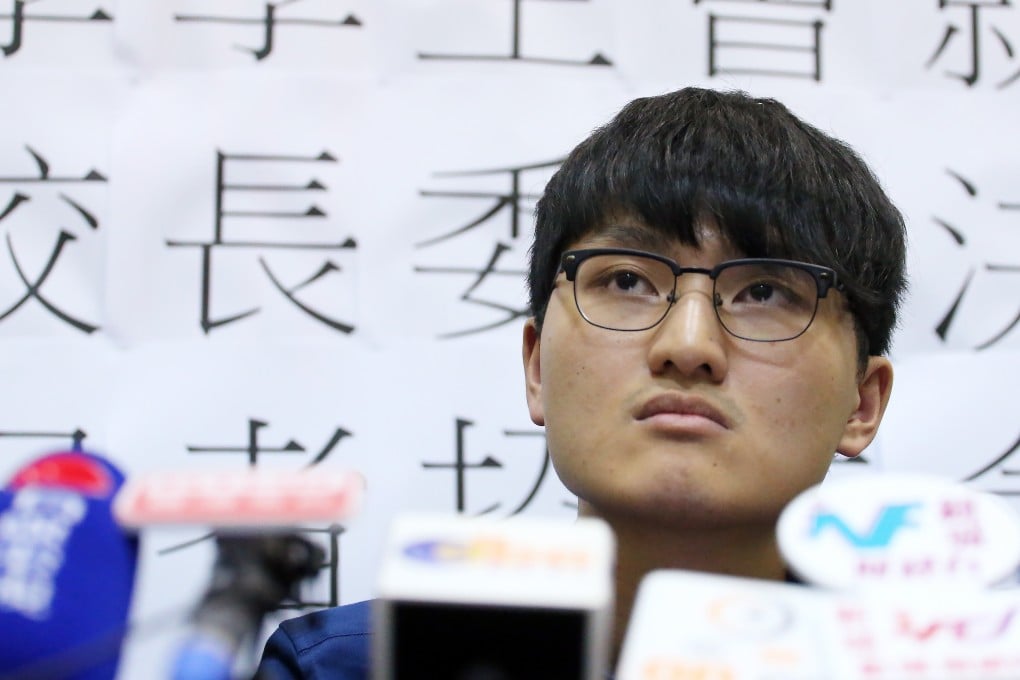Playing at politics: Student leader's tell all of HKU council's rejection of Johannes Chan's appointment was a poor decision
Alice Wu says by disclosing what he heard behind closed doors on why Johannes Chan was rejected for a senior post, student leader broke his own pledge but failed to further the academic's cause

The University of Hong Kong's pro-vice-chancellor saga became a witch-hunt the moment the news media got involved. And once that happened, what has always been an internal university matter and process was thrown into the public domain. All gloves were off at that point - and the wish to keep that process inside the university became absolutely "wishful".
Academic politics doesn't have a reputation of playing nice to begin with - think Columbia University professor Wallace Stanley Sayre's famous quip: "Academic politics is the most vicious and bitter form of politics, because the stakes are so low." Throw into that mix the increasingly ferocious and vindictive nature of the news media and its love for stoking and exploiting fears, and there was very little chance of a happy ending.
The pro-vice-chancellor appointment has been politicised. And it is tragic. But however monstrous the process, no one can take away Johannes Chan Man-mun's international standing and his achievements as an academic, professor and counsel.
Deliberative privilege is there to foster frank debate, to protect those who participate from harassment and recrimination - regardless of whether what they say is ludicrous or not
All politics could do was take away Chan's pro-vice-chancellor seat, which measures meagerly against what he has already accomplished. We can be sure that his crucial work in public law and human rights and stimulating public debate over Hong Kong's legal developments will continue, regardless of whether he manages staff at HKU. His words will continue to carry weight.
But consider what politics has taken away from the university's student union president Billy Fung Jing-en. Perhaps he felt justified in not respecting the council's confidentiality pledge since the body had already gone against the usual practice of rubber-stamping the search committee's recommendation. Perhaps he felt compelled to disclose who said what due to the "ludicrousness" of their comments. Whatever his reasons, his future is now at risk.
